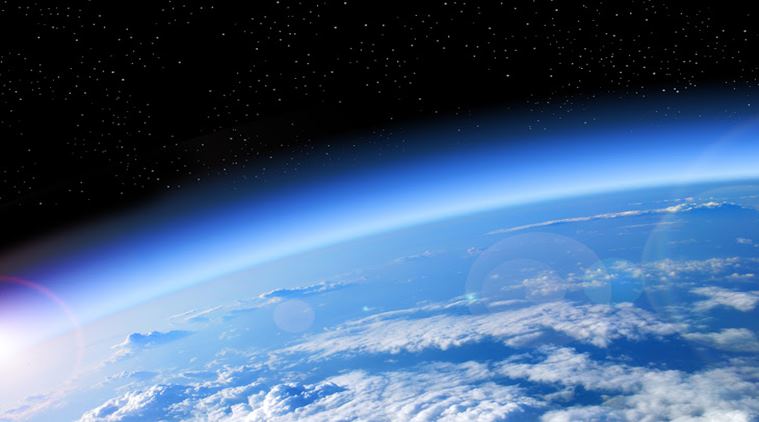August equals July as hottest month in modern times: UN
 By: AFP | Geneva | Published:September 16, 2016 9:58 pm Heating trend has begun because of fossil fuel burning. (File) August equalled July as the hottest month in modern times, the UN’s weather agency said today, warning that extraordinary temperatures were “set to become the new norm”. The United Nations Meteorological Organisation (WMO) also forecast that 2016 will prove to be the warmest year on Earth over 137 years of record-keeping. “It is looking likely that ..>> view original
By: AFP | Geneva | Published:September 16, 2016 9:58 pm Heating trend has begun because of fossil fuel burning. (File) August equalled July as the hottest month in modern times, the UN’s weather agency said today, warning that extraordinary temperatures were “set to become the new norm”. The United Nations Meteorological Organisation (WMO) also forecast that 2016 will prove to be the warmest year on Earth over 137 years of record-keeping. “It is looking likely that ..>> view originalFresh look at Mars' climate history
Planet Mars photographed by the Hubble Space Telescope on the planet's closest approach to Earth in 60,000 years.PHOTO:AP Lakes and snowmelt-fed streams on Mars formed much later than previously thought possible, new research has found.The recently discovered lakes and streams appeared roughly a billion years after a well-documented, earlier era of wet conditions on ancient Mars, the study said.These results provide insight into the climate history of the Red Planet and suggest the surfac..>> view originalQld extends reef invite to DiCaprio
Jamie McKinnellAustralian Associated PressThe Queensland government has extended an invitation to Hollywood star Leonardo DiCaprio to visit the Great Barrier Reef and learn about its conservation efforts.DiCaprio this week cited the plight of the reef at the Our Oceans Conference in Washington DC.He told the gathering over 600 miles (965km) of reef previously "teeming with life" had been devastated in an unprecedented coral bleaching event."We are seeing this level of impact to coral reefs aroun..>> view originalThe bigger the marine animal, the greater the risk of extinction, says study
The bigger you are, the tougher you'll find it to survive in the ocean. This is the somewhat counter-intuitive conclusion of a new study examining the extinction threat levels of marine animals. It found that larger-bodied creatures are at a greater risk, a pattern never seen before on Earth and most likely the result of our growing appetite for seafood. Led by Jon Payne, an environmental scientist at Stanford University, a team of researchers set out to explore the relationship between the e..>> view originalMystery over hundreds of horseshoe crabs washed up on Japanese beach
Hundreds of horseshoe crabs have washed up dead on a beach in southern Japan, leaving experts mystified. The blue-blooded creatures arrive on the shore in southern and western Japan each year to lay eggs, and it is normal for some to die. But this year the death rate has been more than eight times higher than normal, according to the Japanese newspaper Asahi Shimbun. Usually around 50 to 60 dead horseshoe crabs are found on the Sonehigata tidal flats, but 490 have already been discovered this y..>> view originalThe Greatest Shipwrecks Still Out There
Just this week, explorers made history by discovering the remains of the HMS Terror, one of the ships on the ill-fated voyage of Sir John Franklin. So just how many more history-making wrecks are still waiting?It’s estimated that, beneath Earth’s waters, 3 million undiscovered shipwrecks exist. And right now, all across the planet, the locations of a select few of these lost ships are actively being sought.Some of these expeditions are publicly sanctioned by governments and others are privately ..>> view original
| Syria Takes Its Latest Shot at a Cease-fire . | NASA spots slowest known magnetar . |
| Melbourne Celebrates Its 181st Birthday In Style . | Focus on opportunities, not cost: NBN boss . |
No comments:
Post a Comment